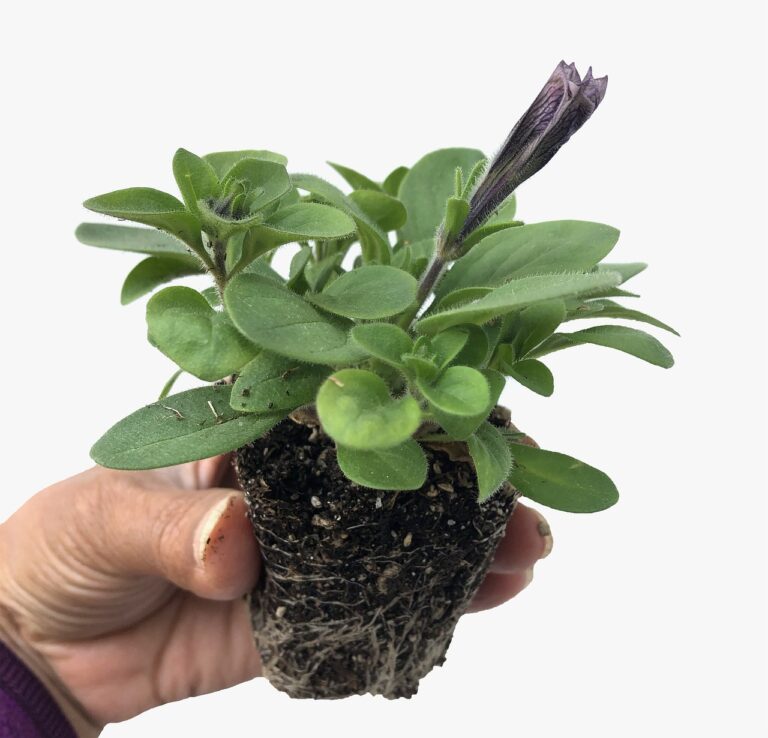Ayurveda: Ancient Wisdom for Modern Health
Ayurveda, a holistic system of medicine that originated in ancient India, has roots that can be traced back over 5,000 years. The term “Ayurveda” comes from the Sanskrit words “ayur,” meaning life, and “veda,” meaning knowledge or science. This traditional healing system is deeply rooted in the belief that the mind, body, and spirit are interconnected and that balance is essential for overall health and well-being.
The origins of Ayurveda can be found in the Vedas, ancient Indian texts that contain knowledge on various subjects including philosophy, rituals, and medicine. Ayurveda developed over centuries as sages and physicians documented their observations and experiences with healing methods. The teachings of Ayurveda were passed down orally from generation to generation before being recorded in written texts, making it one of the oldest systems of medicine still in practice today.
Understanding Doshas in Ayurveda
Ayurveda, an ancient health system originating in India, believes that each individual is composed of unique mind-body characteristics referred to as doshas. These three doshas are Vata, Pitta, and Kapha, and they govern various bodily functions and overall constitution. Vata is associated with movement, Pitta with metabolism, and Kapha with stability and structure. Understanding the dominant dosha in one’s body can help in making lifestyle and dietary choices that promote balance and well-being.
The doshas are not fixed but can fluctuate based on external factors like stress, diet, and environment. Imbalances in the doshas can lead to physical and mental health issues. Ayurveda emphasizes the importance of balancing the doshas through practices like yoga, meditation, herbal remedies, and specific diet recommendations tailored to each person’s unique constitution. By harmonizing the doshas, individuals can experience improved health, vitality, and overall well-being.
Balancing Your Doshas for Better Health
When it comes to balancing your doshas for better health, it is essential to first identify your unique constitution by determining which dosha, or combination of doshas, is dominant within you. This self-awareness is crucial in understanding how to create harmony within your body and mind. Once you have identified your dominant dosha, you can then focus on incorporating lifestyle practices that help bring balance to it.
Ayurveda emphasizes the importance of maintaining a balanced lifestyle to keep your doshas in check. This includes establishing a daily routine that aligns with your constitution, eating foods that support your dosha, practicing stress management techniques, and engaging in regular exercise that is suitable for your body type. By taking a holistic approach to balance your doshas, you can promote overall well-being and prevent imbalances that may lead to health issues.
• Establish a daily routine that aligns with your constitution
• Eat foods that support your dosha
• Practice stress management techniques
• Engage in regular exercise suitable for your body type
By following these lifestyle practices, you can effectively balance your doshas and promote better health. It is important to listen to your body and make adjustments as needed to maintain harmony within yourself. Remember, achieving balance in your doshas is key to overall well-being and vitality according to Ayurveda principles.
What is Ayurveda?
Ayurveda is a traditional system of medicine that originated in India over 5,000 years ago. It focuses on balancing the body, mind, and spirit to promote overall health and well-being.
What are doshas in Ayurveda?
In Ayurveda, doshas are the three energies or principles that govern the body’s physiological and psychological functions. The three doshas are Vata, Pitta, and Kapha.
How do I determine my dominant dosha?
You can determine your dominant dosha by consulting with an Ayurvedic practitioner or by taking online quizzes or assessments. Your dominant dosha will influence your physical, mental, and emotional characteristics.
How can I balance my doshas for better health?
Balancing your doshas involves making lifestyle and dietary changes that align with your dominant dosha. This may include incorporating specific foods, herbs, and practices that help pacify or strengthen your dosha.
What are some general tips for balancing the doshas?
Some general tips for balancing the doshas include eating a balanced diet, practicing mindfulness and relaxation techniques, getting regular exercise, and following a daily routine that aligns with your dosha.
Can Ayurveda help with specific health conditions?
Ayurveda is known for its holistic approach to health and can be used to address a wide range of health conditions. However, it is important to consult with a qualified Ayurvedic practitioner before using Ayurvedic treatments for specific health issues.







